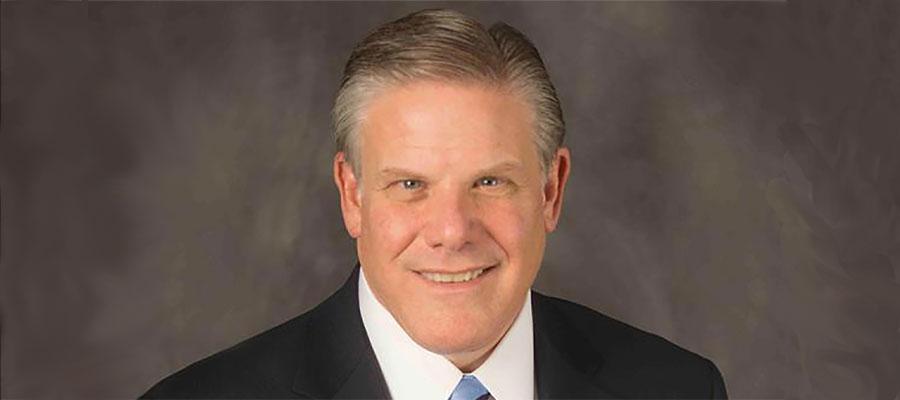Perspective: Protecting patients from surprise bills

Patients seeking medical care shouldn’t have to worry about any financial surprises. That’s why America’s hospitals and health systems are committed to protecting patients from medical bills they didn’t anticipate as a result of an emergency, or when an individual comes to the hospital and gets an out-of-network bill from a physician, or an unexpected gap in their health coverage — and we support a federal solution to achieve this.
Recently, a number of proposals have been introduced in Congress to address surprise medical billing. This includes bipartisan draft legislation in the House Energy & Commerce Committee and the Senate Health, Education, Labor & Pensions Committee, as well as a proposal by a bipartisan Senate working group led by Sen. Bill Cassidy, M.D. (R-La.). While the legislative proposals vary widely, one thing is clear: Everyone agrees on protecting patients.
However, some of the provisions go far beyond surprise billing to touch on issues such as price transparency, health care consolidation, regulation of private contracting, and use of health information technology, among others. These are important issues as well, but should not divert attention and commitment to passing a surprise medical billing solution right now.
From our point of view, the solution to surprise billing is simple: Patients must be protected from balance billing in the situations outlined above and from gaps in health coverage. Seeking care — especially emergency care — is stressful enough, and patients shouldn’t be put in the middle of negotiations between insurers and providers…or stuck with a surprise bill when they go home. That’s why protecting patients is first on our list of guiding principles that we’ve shared with legislators.
Another key principle is ensuring patients have access to emergency care through their insurance. In other words: making sure their health plan won’t pull the rug out from under them by claiming the emergency care they received wasn’t a real emergency.
Any solution must also preserve the role of private negotiation between providers and health plans. There also may be a role for a dispute resolution process for physician claims only, much like some states, such as New York, have already successfully implemented. A fixed payment rate or standard set by the government for out-of-network care would undermine incentives for insurers to contract with providers. This further narrowing of provider networks would hurt patients’ ability to access in-network care when scheduling services. And the list of principles goes on to include educating patients on the scope of their coverage, ensuring adequate provider networks and directories, and supporting state laws that work.
Where we go from here: President Trump is in favor of ending surprise billing, and there’s bipartisan support in Congress for finding a solution. We’ll keep working with Congress and the administration as they develop a solution.
How you can help: Urge your legislators to protect patients while rejecting proposals such as rate-setting or setting a “reference” or “benchmark” price, or other “solutions” such as bundling provider bills into the facility fee or requiring hospitals to be responsible for ensuring that physicians join the same insurance networks.
Hospitals and health systems work hard to align physician networks, but we cannot compromise independent physicians’ abilities to negotiate fair contract terms with payers. These approaches would add unnecessary complexity and burden to the system when quickly passing a simple ban on balance billing in the situations outlined above will protect patients now.
We’ve created a number of resources to help you in your conversations with legislators and you can find them here.
Surprise billing has no place in health care and America’s hospitals and health systems are committed to protecting patients from this unfair practice.

